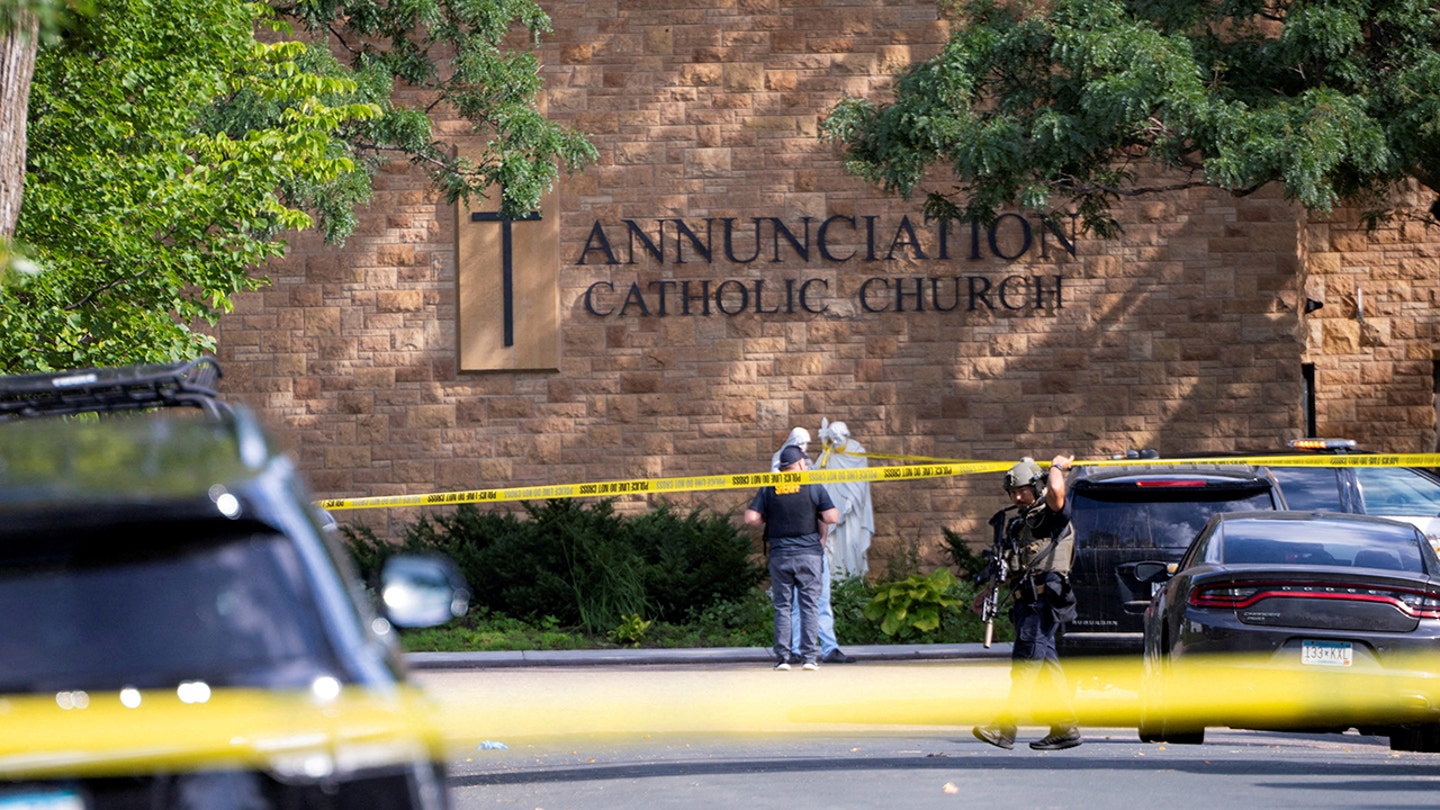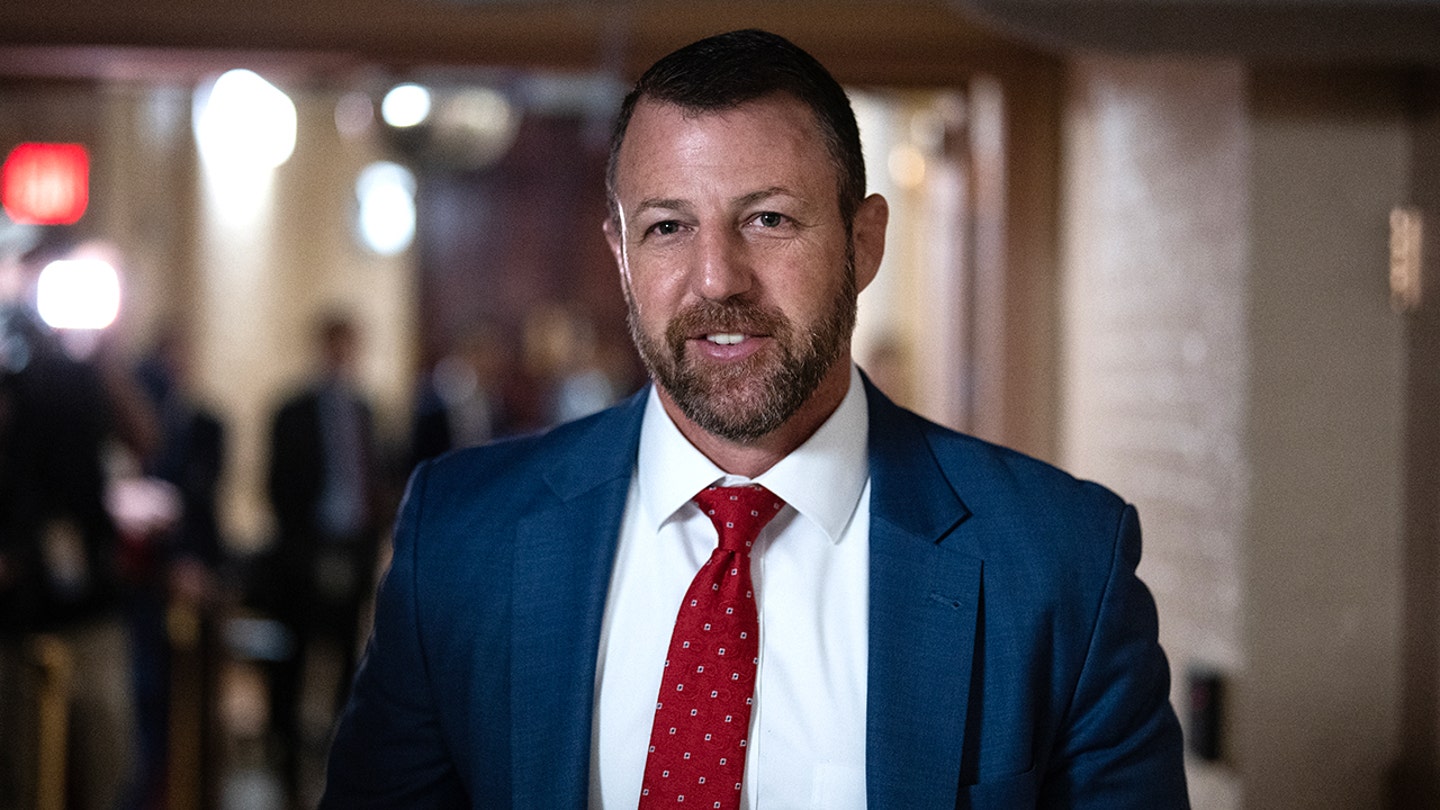
Bullet was fired into Chiefs coach Andy Reid’s office last spring while he was there, says Kansas City Star
Entities mentioned:
- Andy Reid: Self-preservation, Professional pride, Determination
- Kansas City Chiefs: Security, Professional pride, Unity
- Kansas City Star: Duty, Curiosity, Influence
Article Assessment:
Credibility Score: 70/100
Bias Rating: 50/100 (Center)
Sentiment Score: 30/100
Authoritarianism Risk: 35/100 (Generally Democratic)
Bias Analysis:
The article presents a balanced account of the incident, citing multiple sources and including official responses. It maintains a neutral tone without apparent political leanings or sensationalism.
Key metric: Public Safety and Crime Rate
As a social scientist, I analyze that this incident highlights potential security vulnerabilities in high-profile sports facilities and raises concerns about targeted violence against public figures. The event could impact public perception of safety in Kansas City and potentially influence local crime prevention strategies. The delayed reporting of the incident also raises questions about transparency in organizational communication and public safety reporting practices. This event may lead to increased security measures in sports facilities nationwide and could affect public confidence in attending large sporting events.

Twins denounce fatal shooting at Minnesota Catholic church as 'incomprehensible' attack
Entities mentioned:
- Minnesota Twins: Compassion, Unity, Professional pride
- Minneapolis Police Chief Brian O'Hara: Duty, Justice, Indignation
- Minnesota Vikings: Compassion, Unity, Professional pride
- Minnesota Timberwolves and Lynx: Compassion, Unity, Professional pride
- Tom Wyatt: Duty, Professional pride, Compassion
- Gunman: Revenge, Moral outrage, Fear
Article Assessment:
Credibility Score: 75/100
Bias Rating: 45/100 (Center)
Sentiment Score: 20/100
Authoritarianism Risk: 25/100 (Generally Democratic)
Bias Analysis:
The article presents a balanced view, quoting multiple sources and providing factual information. While it focuses on statements from local organizations, it doesn't appear to lean towards any particular political stance.
Key metric: Public Safety and Crime Rate
As a social scientist, I analyze that this tragic event significantly impacts public safety perceptions and crime rates in Minnesota. The shooting at a church, targeting children during a religious service, represents a severe breach of societal norms and expectations of safety in places of worship and education. This incident is likely to increase fear and anxiety within the community, potentially leading to decreased participation in public gatherings and religious services. The swift and unified response from local sports teams demonstrates community cohesion in the face of tragedy, which may help in the healing process. However, the event's severity and targeting of children could lead to long-lasting trauma and a persistent sense of vulnerability, potentially affecting social behavior and trust in public institutions. The incident may also spark debates on gun control and security measures in schools and religious institutions, potentially leading to policy changes.

Trump claims 'we're against crime. Democrats like crime'
Entities mentioned:
- Donald Trump: Power, Control, Influence
- Republicans: Righteousness, Security, Control
- Democrats: Wariness, Self-preservation, Justice
- D.C. National Guard: Duty, Security, Control
Article Assessment:
Credibility Score: 65/100
Bias Rating: 55/100 (Center)
Sentiment Score: 35/100
Authoritarianism Risk: 75/100 (Authoritarian Tendencies)
Bias Analysis:
The article presents Trump's statements with some context and counterpoints, suggesting a relatively balanced approach. However, it doesn't deeply challenge Trump's claims or provide extensive opposing viewpoints, leaning slightly towards a center-right perspective.
Key metric: Public Safety and Crime Rate
As a social scientist, I analyze that this article highlights President Trump's attempt to frame the 2026 midterm elections around the issue of crime, positioning Republicans as tough on crime and Democrats as permissive. Trump's push to 'federalize' Washington D.C. and his suggestion to extend this approach to other Democrat-led cities represents a significant shift in federal-local power dynamics. This framing and policy approach could have substantial impacts on public perception of crime, actual crime rates, and the balance of power between federal and local governments. The lack of specificity in Trump's claims and the potential legal challenges to his proposed actions suggest this is more of a political strategy than a well-developed policy initiative. The article also touches on other wedge issues such as border security and transgender rights, indicating an attempt to consolidate a base of support through multiple controversial topics.

‘Military occupation’: Chicago mayor responds to Trump signaling he might send National Guard to the city
Entities mentioned:
- Brandon Johnson: Righteousness, Duty, Self-respect
- Donald Trump: Power, Control, Influence
- Anderson Cooper: Professional pride, Curiosity, Duty
- National Guard: Duty, Security, Control
Article Assessment:
Credibility Score: 70/100
Bias Rating: 45/100 (Center)
Sentiment Score: 35/100
Authoritarianism Risk: 55/100 (Mixed/Neutral)
Bias Analysis:
The article presents both sides of the issue by including the mayor's response and Trump's actions. However, the use of the term 'military occupation' in the headline may slightly frame the issue from the mayor's perspective.
Key metric: Public Safety and Crime Rate
As a social scientist, I analyze that this article highlights a potential conflict between federal and local authorities over crime control measures. The use of terms like 'military occupation' by the Chicago mayor suggests strong opposition to federal intervention, indicating a clash between local autonomy and centralized power. This situation could impact public safety metrics by either increasing law enforcement presence or creating tension that might exacerbate existing issues. The article raises questions about the effectiveness and appropriateness of using military-style interventions in urban crime scenarios, which could have significant implications for crime rates and public perception of safety.

GOP Sen. Markwayne Mullin, former MMA fighter, skips seat belts in DC over carjacking fears
Entities mentioned:
- Sen. Markwayne Mullin: Self-preservation, Security, Wariness
- Fox News Channel: Influence, Recognition, Competitive spirit
- Brian Kilmeade: Professional pride, Influence, Curiosity
- President Donald Trump: Power, Control, Influence
Article Assessment:
Credibility Score: 65/100
Bias Rating: 70/100 (Lean Right)
Sentiment Score: 35/100
Authoritarianism Risk: 55/100 (Mixed/Neutral)
Bias Analysis:
The article leans right, evidenced by its focus on a Republican senator and positive framing of Trump's actions. It presents the crime narrative without counterbalancing statistics or alternative viewpoints, potentially exaggerating the issue.
Key metric: Public Safety and Crime Rate
As a social scientist, I analyze that this article highlights a perceived threat to public safety in Washington D.C., particularly regarding carjacking. Sen. Mullin's decision to forgo seatbelt use due to carjacking fears indicates a significant concern about crime rates in the capital. This perception, whether accurate or exaggerated, can impact public trust in local law enforcement and government effectiveness. The mention of Trump's intention to 'take our capital back' further emphasizes the narrative of a city struggling with crime issues. This focus on crime and safety concerns in D.C. could influence public opinion, potentially affecting policy decisions, law enforcement strategies, and even migration patterns in and out of the city.

Trump gets what he wants in DC crackdown as Democrats fumble response
Entities mentioned:
- Donald Trump: Power, Control, Influence
- Democratic Party: Justice, Unity, Self-preservation
- Chuck Schumer: Righteousness, Duty, Indignation
- Hakeem Jeffries: Righteousness, Duty, Indignation
- Jamie Raskin: Justice, Righteousness, Moral outrage
- Chuck Rocha: Professional pride, Influence, Unity
- Wes Moore: Professional pride, Duty, Justice
- Karoline Leavitt: Loyalty, Duty, Control
Article Assessment:
Credibility Score: 75/100
Bias Rating: 45/100 (Center)
Sentiment Score: 35/100
Authoritarianism Risk: 55/100 (Mixed/Neutral)
Bias Analysis:
The article presents multiple perspectives, including critiques of both Trump and Democrats. While it leans slightly critical of Trump's approach, it also highlights Democratic shortcomings, maintaining a relatively balanced view.
Key metric: Public Safety and Crime Rate
As a social scientist, I analyze that this article highlights the complex political dynamics surrounding crime and public safety in Washington D.C. Trump's aggressive approach to crime in the capital city exposes the Democrats' struggle to effectively counter his law-and-order rhetoric. The article suggests that Democrats are failing to address voters' immediate concerns about safety, instead focusing on criticizing Trump's authoritarian tendencies. This political maneuvering impacts public safety perceptions and potentially actual crime rates, as it may lead to short-term, politically motivated actions rather than sustainable, evidence-based policies. The article also points to a broader issue of partisan polarization hindering effective governance and problem-solving in addressing complex social issues like crime.